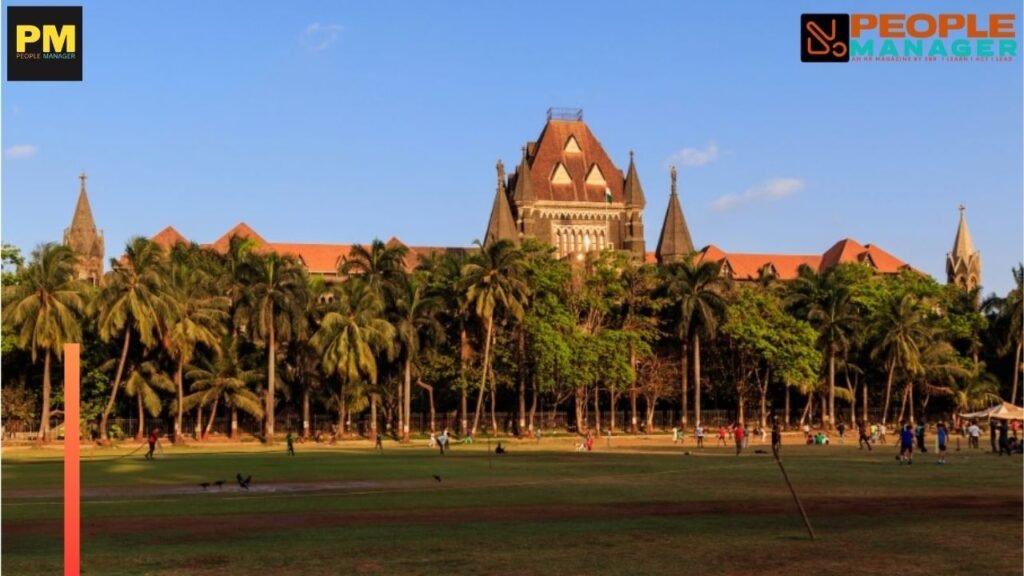Supervisory Role Remains Despite Supervising Non-Direct Employees : Bombay High Court
Justice Marne stated, “In a given organization, it may happen that a Manager or Supervisor may have to supervise the activities of either contract workers or transporters. However, merely because he supervises activities of persons who are not direct employees of an establishment, it does not and cannot mean that he ceases to be employed in supervisory capacity.

The Bombay High Court, presided over by Justice Sandeep V Marne, has ruled that an employee does not cease to be in a supervisory role simply because they oversee the activities of individuals who are not direct employees of the establishment in The case title Mr. Jobi Joseph vs Cadbury India Ltd. & Anr….
Justice Marne stated, “In a given organization, it may happen that a Manager or Supervisor may have to supervise the activities of either contract workers or transporters. However, merely because he supervises activities of persons who are not direct employees of an establishment, it does not and cannot mean that he ceases to be employed in supervisory capacity. Therefore, the real test for determining supervisory nature of duties is not whether persons on whom supervision is exercised are employees of the establishment or not, but the nature of duties attached to the job.”
The petitioner, represented by Senior Counsel Sanjay Singhvi and Counsel Rahil Fazelbhoy, challenged a Labour Court’s decision that deemed him not an ‘employee’ under the Maharashtra Recognition of Trade Unions & Prevention of Unfair Labour Practices Act. The petitioner, a Senior Sales Executive at Cadbury, argued that his duties were primarily field-related, not supervisory, and thus, he should be considered a ‘workman’ under the Industrial Disputes Act.
However, the Labour Court upheld the decision, asserting that he was engaged in supervisory activities. The petitioner sought reinstatement and back wages, but the Labour Court ruled against him, prompting the petition.
The High Court observed, “Petitioner was neither a ‘workman’ within the meaning of Section 2(s) of the I.D. Act nor a ‘sales promotion employee’ within the meaning of Section 2(d) of the SPE Act. Therefore, Petitioner was not an ‘employee’ within the meaning of Section 3(5) of the MRTU & PULP Act and his complaint fled before the Labour Court, which was clearly not maintainable.”
As a result, the petition was dismissed.
Stay tuned, to PropleManager.co.in for further updates on the evolving workplace paradigm.
Value our content… contribute towards our growth. Even a small contribution per month would be of great help to us. Since our establishment, we have been serving the industry through daily news and updates.
Our content is free for all, and we plan to keep it that way
Support the People Manager. Pay Here
- Pernod Ricard India introduces Cheers VRorld, an industry-first VR-powered onboarding experience in the Alco-Bev sector - February 11, 2026
- Jio-bp Appoints Sareeta Bhatikar as Chief Human Resources Officer to Steer Next Phase of Growth - February 11, 2026
- India Keeps Hiring as Global Markets Slow: Michael Page India Salary Report-26 - February 6, 2026








